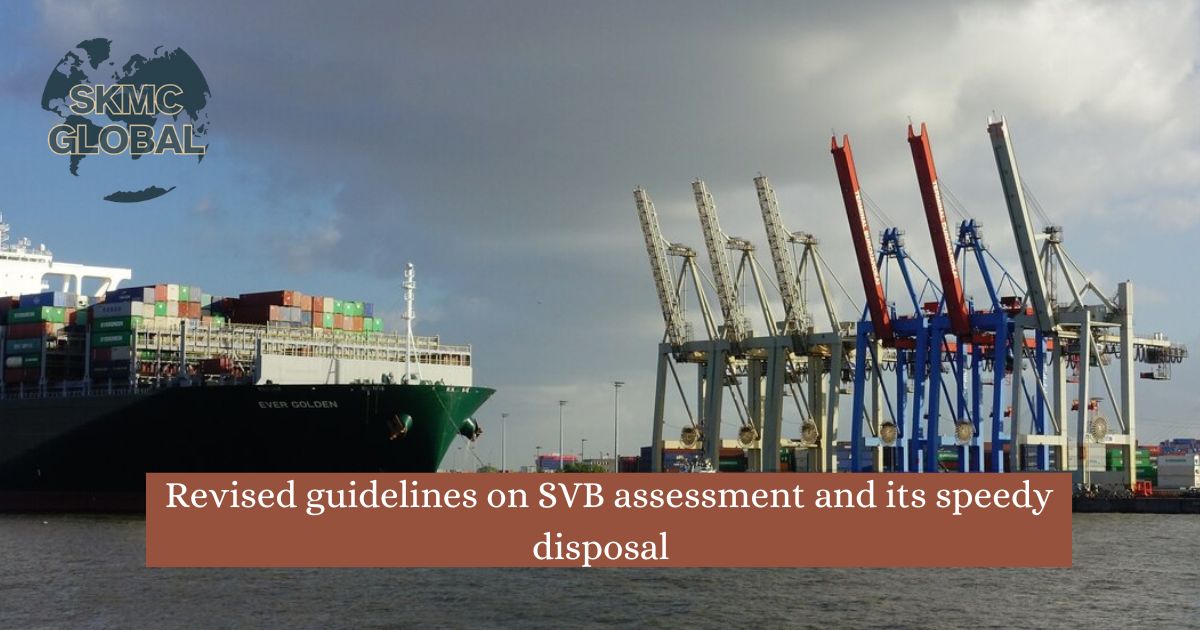
In an effort to facilitate commerce, the Central Board of Excise and Customs (CBEC) has released updated guidelines. To address pending cases, the CBEC has released a new guideline in accordance with Circular No. 4/2016-Cus, dated February 9, 2016. Furthermore, by replacing the previous circulars with circular 5/2016 - Cut, dated February 9, 2016, an SVB will be able to assess the valuation of related party imports.
Circular 4/2016 - Cus dated 9th February, 2016
Guidelines for the renewal of Special Valuation Branch (SVB) orders and continuing SVB inquiries were released by the Central Board of Excise and Customs (CBEC) on February 9, 2016. The previous Circular 11/2001-Cus, issued February 23, 2001, has been superseded by this circular.
With circular no. 5/2016, dated February 9, 2016, the Board completely updated guidelines for the review of related party transactions as well as those involving royalties, license fees, and other expenses. In light of this, the Board has determined that the pending SVB cases that were started in accordance with Circular 1/98 – Cus dated 1.1.98 & 11/2001 – Cus dated 23.2.2001, as well as those concerning the renewal of SVB orders, will be handled according to the following process.
Renewal of SVB orders
- In order to verify that there haven't been any changes to the terms of agreements with associated suppliers or the circumstances surrounding the sale since the previous SVB order was issued, importers must file a one-time declaration (Annexure 1).
- If there have been modifications, importers are required to use Annexure 2 to declare the changes and submit the necessary paperwork.
- Every SVB is required to keep an organized record of these declarations and assign a reference number to each one that is received. The importer will receive a properly acknowledged receipt of the declaration from the SVB.
Pending SVB investigations
- According to paragraph 3.2 of the circular no. 5/2016, published February 9, 2016, all pending SVB investigations where an Extra Duty Deposit (EDD) is being collected, shall be evaluated by May 31, 2016. EDD will end right away if the importer has given all required information.
- By October 31, 2016, the SVB should have finished investigating all open cases, thereby lowering the backlog by 10% every month.
- When an importer fails to provide information or documents required for SVB inquiries, the Commissioner may accelerate the process of obtaining the required documents for investigations by using the relevant provisions under the Customs Act. In such cases, the Commissioner may then waive the 5% EDD.
Investigation Process
- In compliance with Rule 2(2) of the Customs Valuation Rules, importers are required to indicate on their bill of entry whether or not the seller is related and to attach supporting documentation in Annexure-A.
- The SVBs will examine the declarations right away, and if the importer files a declaration in Annexure 1, the renewal procedure will be considered waived. Without further contacting the importer, the SVB will promptly notify Custom stations where provisional assessments have resumed as a result of the renewal process, instructing them to stop acquiring Extra Duty Deposit and complete the relevant provisional assessments.
- Within three days, the appropriate officer will review the facts surrounding the sale and determine if an SVB inquiry is necessary. If so, the importer has sixty days to give more information as per Annexure B and to provisionally clear the items.
- The Commissioner will conclude the evaluation based on the results when the SVB completes its investigations in two months (perhaps with a two-month extension) and submits the investigation report to him.
Changes in sale circumstances
When the declaration (Annexure 2) states that there has been a change in the circumstances surrounding the sale, the SVB inquiries will be started by serving the importer questionnaires at Annexures A and B in accordance with the protocol outlined in Circular 5/2016, issued February 9, 2016. In such circumstances, if EDD is acquired, it must be evaluated and the procedure outlined in paragraph 3.2 of the circular no. 5/2016, issued February 9, 2016, must be adhered to.
Circular 5/2016 - Cus dated 9th February 2016
To expedite and simplify the process for looking into the import valuation involving linked parties, Circular 5/2016 was released. In order to provide a more uniform and transparent procedure, it was important to resolve the inconsistencies and inefficiencies in the prior system. It set precise rules for paperwork, declarations, and the Special Valuation Branch's (SVB) evaluation and completion of valuations. The directive sought to raise the general effectiveness of customs operations by promoting compliance and lowering conflicts.
The circular includes the updated processes that the Special Valuation Branch (SVB) will use to value imports from connected parties. Important details consist of:
- When a bill of entry is filed, the importers are required to provide a declaration by submitting a questionnaire (Annexure A).
- Within sixty days, the information and documentation must be submitted as per Annexure B.
- Customs inspectors use a prima facie analysis to evaluate cases.
- SVB submits a report for final evaluation and finishes the inquiry in two months (extendable by two months).
- All modifications by importers, such as agreements, royalties, or post-import price adjustments, must be reported using Annexure C.
Major accolades of the new circular
- The Directorate General of Valuation has relinquished functional management of SVB to the Principal Commissioner or Jurisdictional Chief of Customs.
- The need to pay EDD has been waived. Nevertheless, the products will remain provisionally appraised until the case is resolved.
- If the necessary documents or information are not submitted within 60 days, a security deposit in the form of cash or a bank guarantee will be required for a period of three months. A security deposit of five percent of the reported assessable value is required. A few people will be excused from this, and an extension of more than sixty days will be granted. Any additional delays to the grace period will result in appropriate action being taken in accordance with the Customs Act of 1962.
- SVB will publish a report on its investigation and not an investigation order.
Role of SVB
- The preliminary examination of the data and documents will be carried out by the customs officer, who will then forward the results to the commissioner of customs, who will determine the necessity and necessity of referring to the SVB. In the event that a reference is made, the SVB will handle the case. When SVB is not required, the commissioner will make an appropriate notification in that case.
- SVB shall come into purview when the related party transactions requiring examination of circumstances of sale and influence on price.
- Transaction including potential add-ons for paying royalties, etc.
- SVB shall not initiate inquiry in the following related party transaction (imports of samples and prototypes, import of goods is subject to nil customs duty or unconditionally exempt.
- Transaction with less than Rs. 1,00,000/-.
- The need of the SVB shall be made after the submission of the bill of entry with in 15 days by the importer.
SVB procedure
- Upon receiving the necessary documentation, the SVB will promptly communicate in order to facilitate provisional evaluation at every port. It will also review the material and papers it has received and, if necessary, look for more details.
- Within two months of receiving the first set of documents and material, SVB will, to the best of its ability, finish the investigations and publish its findings. Additionally, the Commissioner of Customs and the Chief Commissioner of Customs, if applicable, must approve any extension.
- SVB will present its conclusions to the Customs Commissioner/Principal Commissioner. Upon approval, an investigation report with recommendations will be sent to the Customs Authorities at the ports as well as to the DGOV.
- If the investigation report approves the declared value, there won't be a need for a speaking order, and the evaluation will be concluded right away.
- The Customs Officer will issue a Show Cause Notice (SCN) in other situations. A uniform adjudicating authority will be designated for the purpose of passing an order and concluding the assessment in the event of imports at various ports.
- These cases will also be subject to the Customs Act's appellate procedure and the natural justice concept.
Recent Posts
-
 India’s Competitive Edge in Manufacturing: What ...
Jun 09,2025
India’s Competitive Edge in Manufacturing: What ...
Jun 09,2025
-
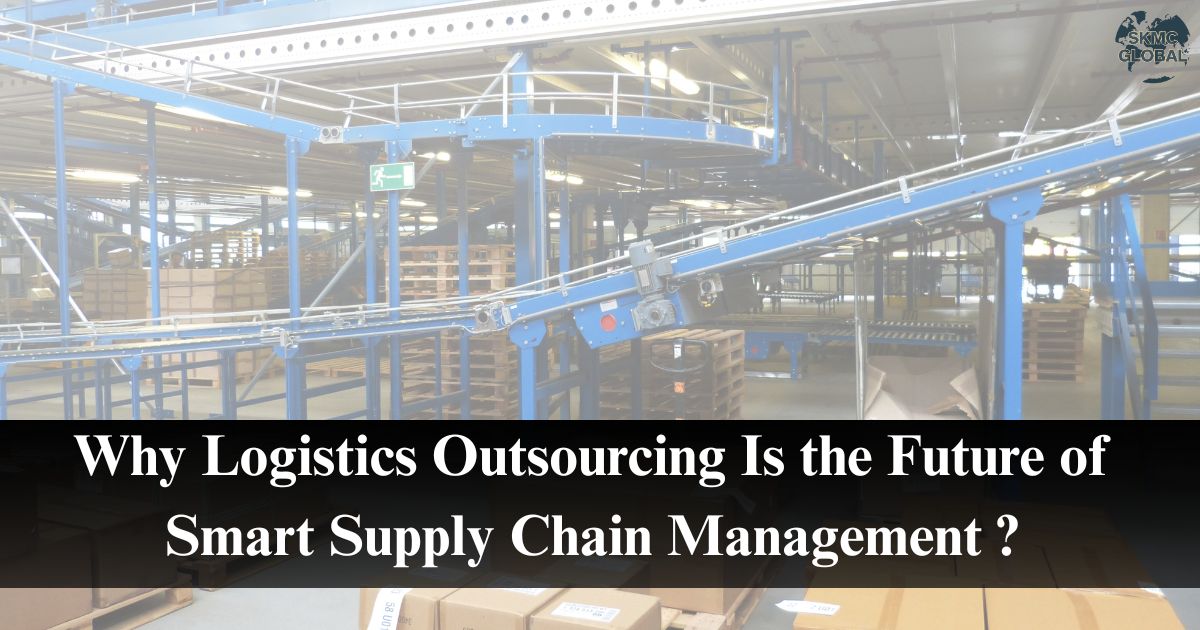 Why Logistics Outsourcing Is the Future of Smart S...
Jun 02,2025
Why Logistics Outsourcing Is the Future of Smart S...
Jun 02,2025
-
 India's Foreign Trade Agreement and Investment Tre...
May 31,2025
India's Foreign Trade Agreement and Investment Tre...
May 31,2025
-
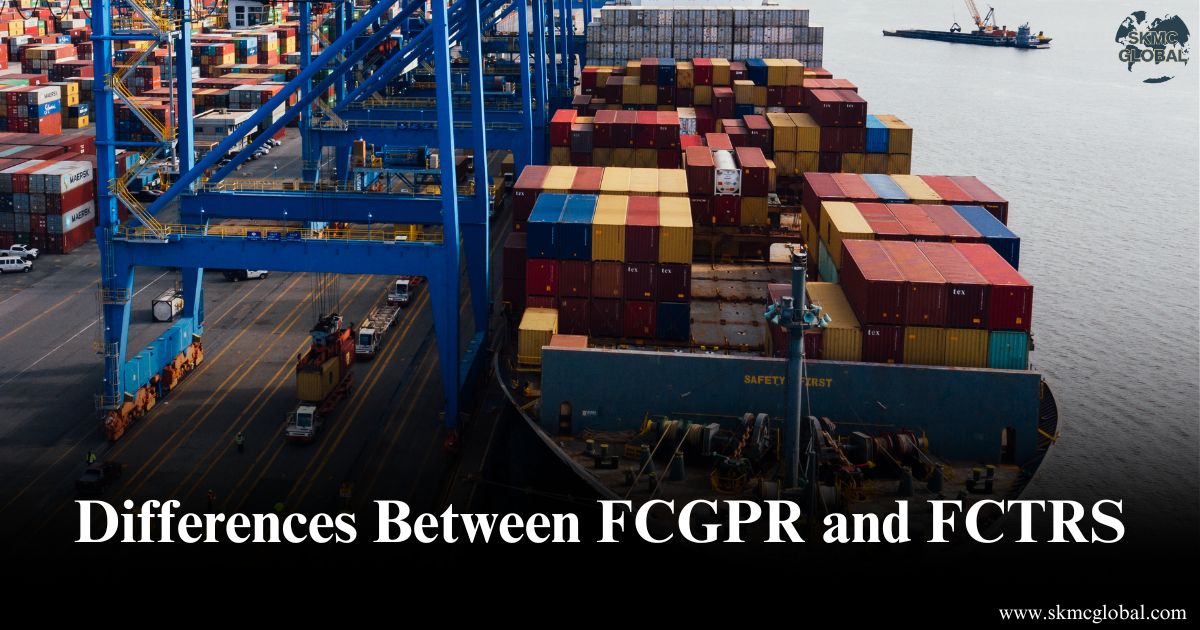 Differences Between FCGPR and FCTRS:A Comprehensiv...
May 28,2025
Differences Between FCGPR and FCTRS:A Comprehensiv...
May 28,2025
-
 Understanding FDI Norms- A Guide for Foreign Inves...
May 29,2025
Understanding FDI Norms- A Guide for Foreign Inves...
May 29,2025
-
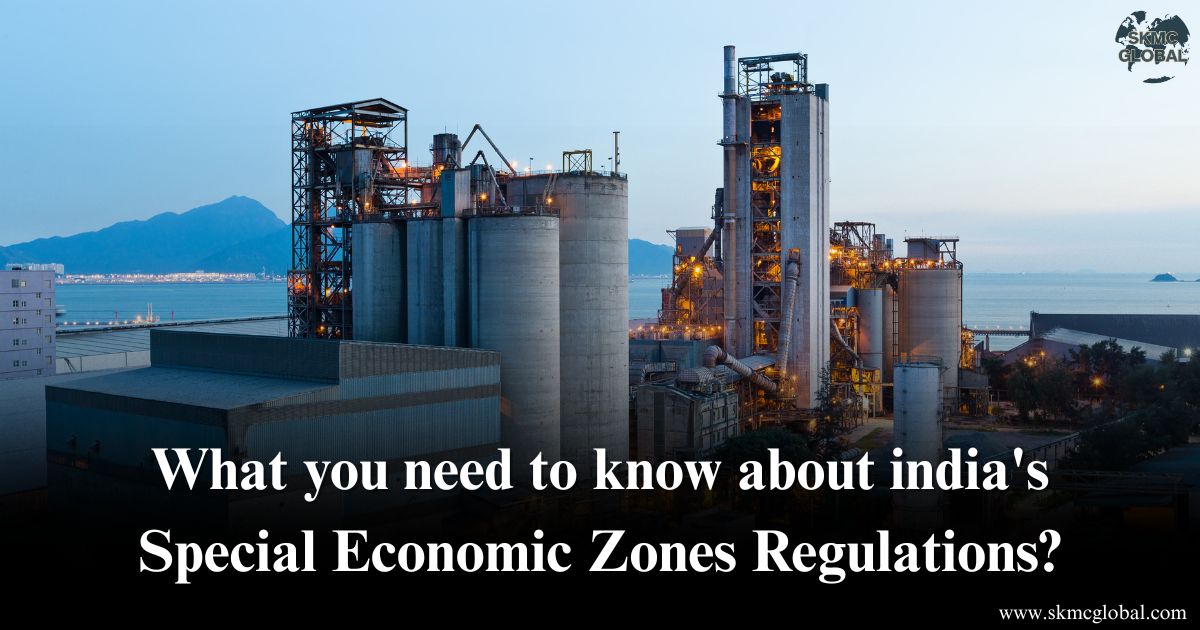 What you need to know about india's special econom...
May 27,2025
What you need to know about india's special econom...
May 27,2025
-
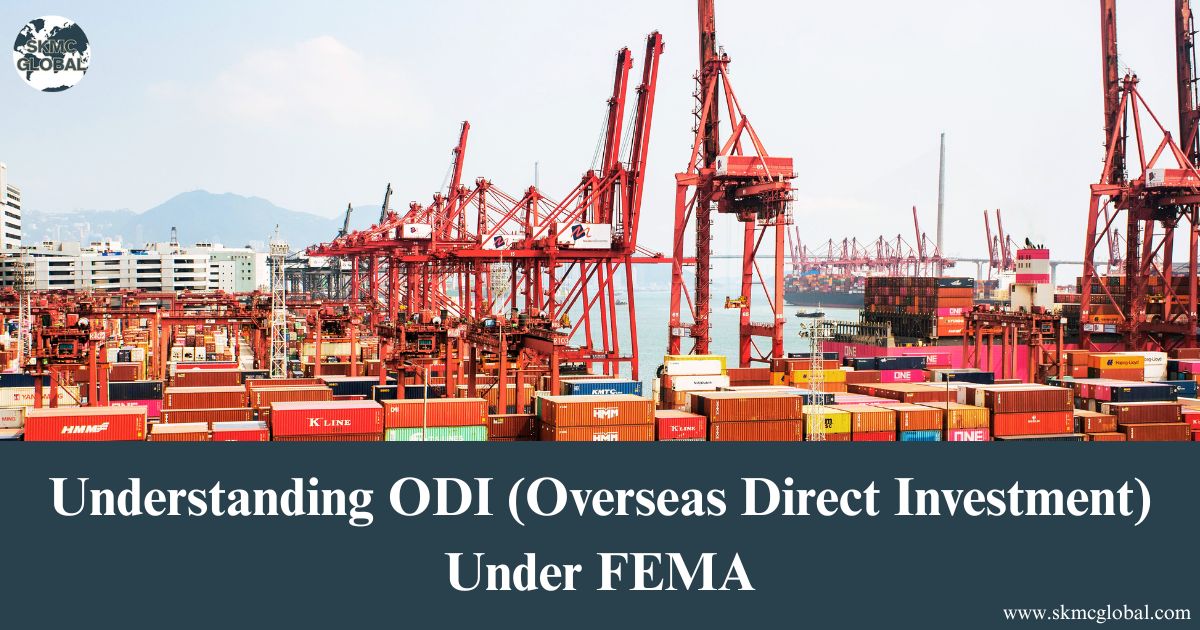 Understanding ODI (Overseas Direct Investment) Und...
May 26,2025
Understanding ODI (Overseas Direct Investment) Und...
May 26,2025
-
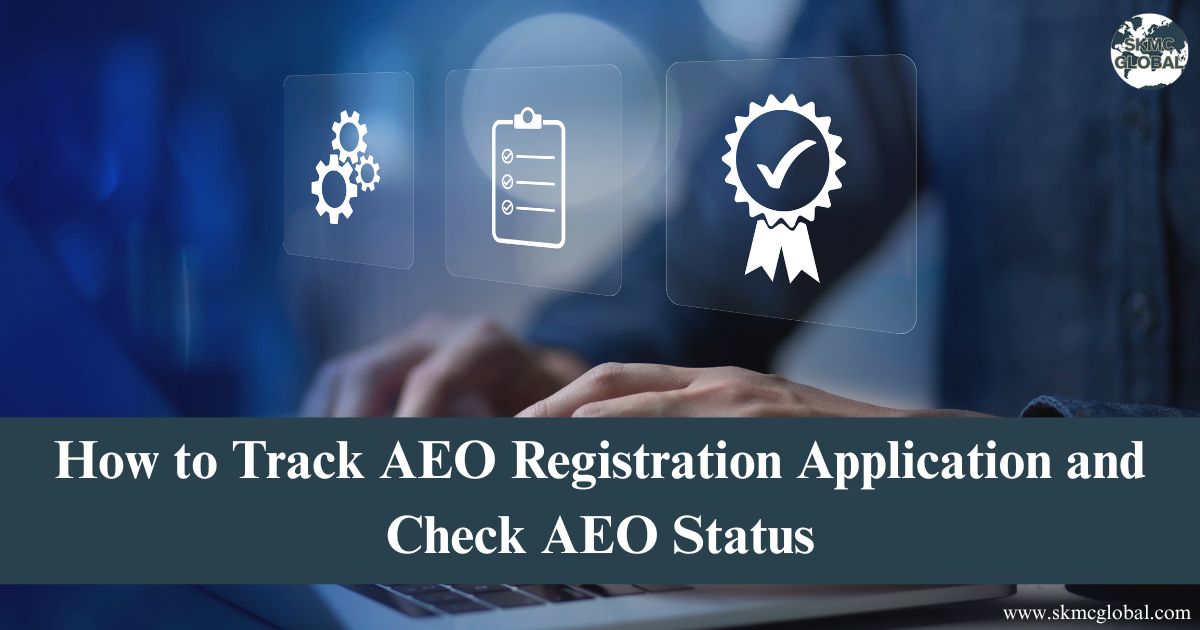 How to Track AEO Registration Application and Chec...
May 22,2025
How to Track AEO Registration Application and Chec...
May 22,2025
-
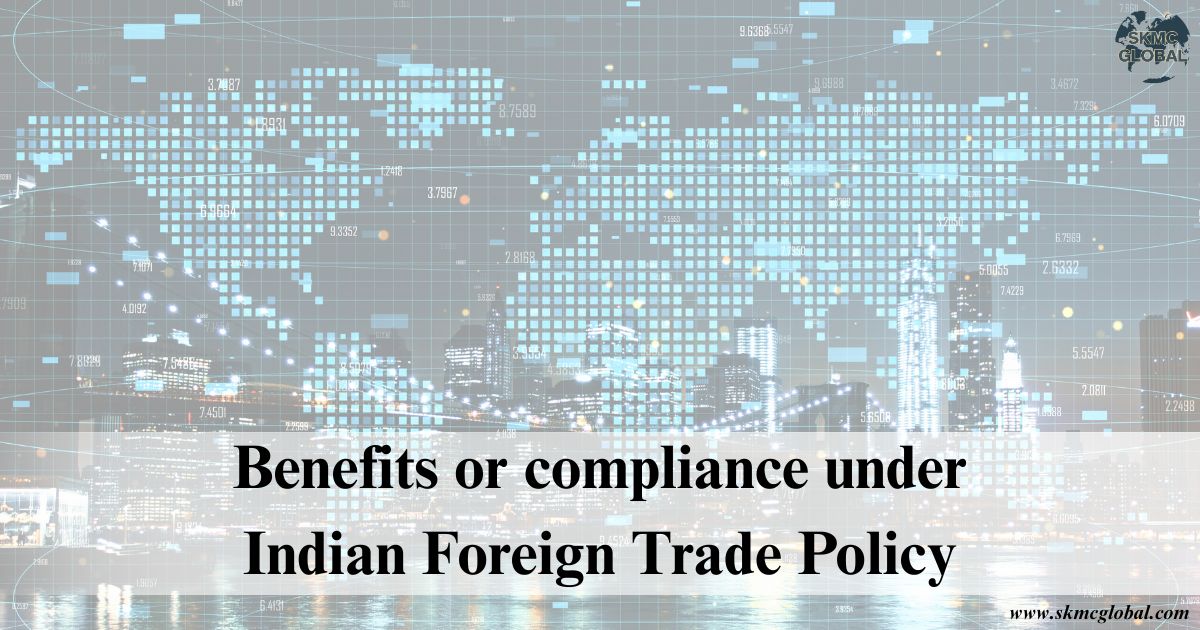 Benefits or compliance under Indian Foreign Trade ...
May 20,2025
Benefits or compliance under Indian Foreign Trade ...
May 20,2025
-
 AEO v/s Non-AEO: Key Differences and Why Your Busi...
May 19,2025
AEO v/s Non-AEO: Key Differences and Why Your Busi...
May 19,2025
-
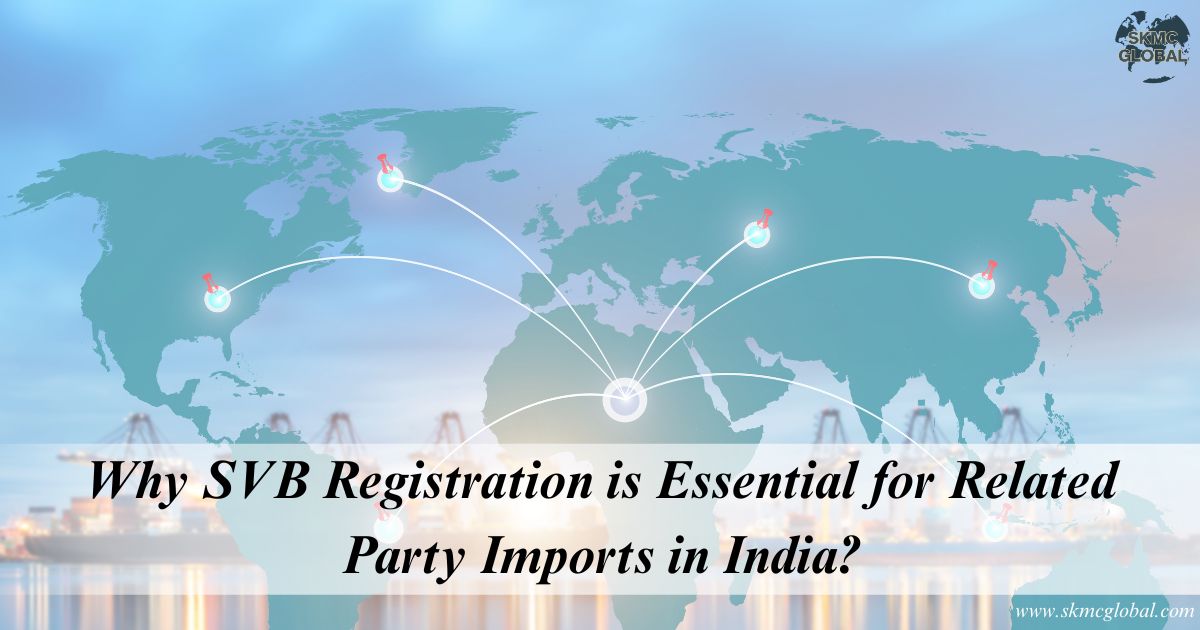 Why SVB Registration is Essential for Related Part...
May 19,2025
Why SVB Registration is Essential for Related Part...
May 19,2025
-
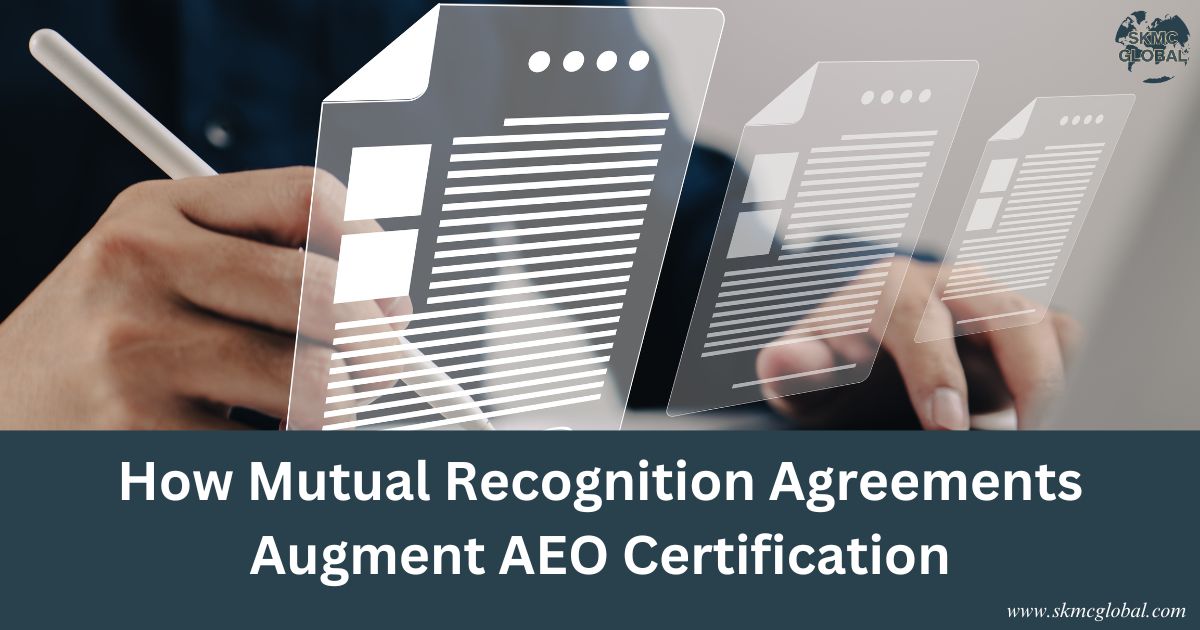 How Mutual Recognition Agreements Augment AEO Cert...
May 15,2025
How Mutual Recognition Agreements Augment AEO Cert...
May 15,2025
-
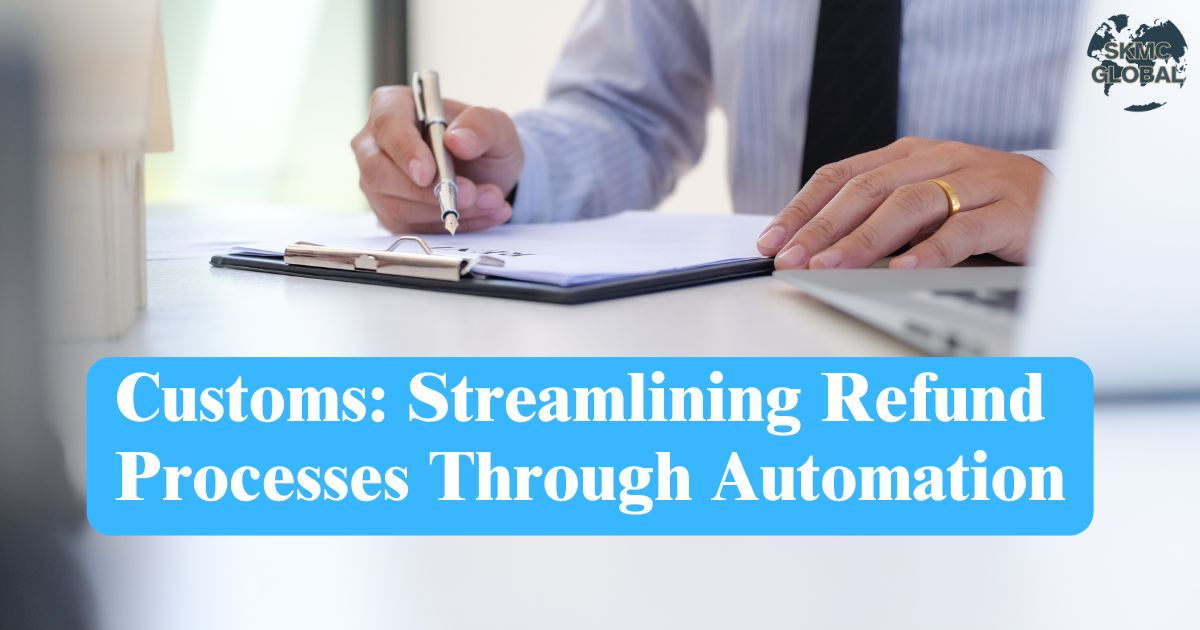 Customs Streamlining Refund Processes Through Auto...
Mar 17,2025
Customs Streamlining Refund Processes Through Auto...
Mar 17,2025
-
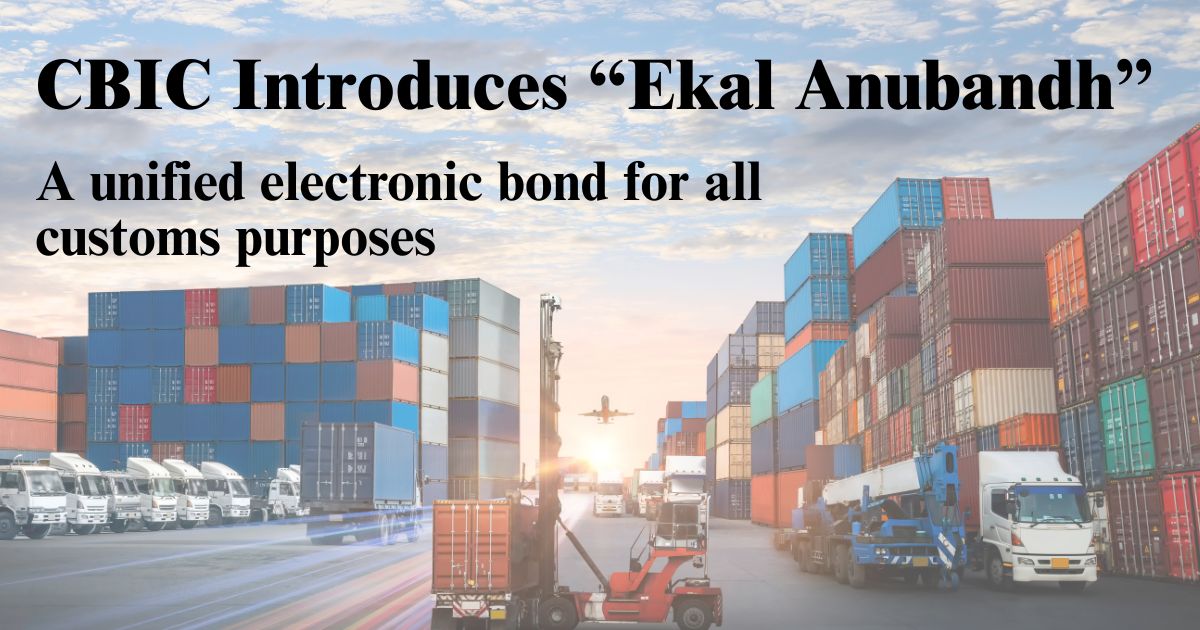 Ekal Anubandh-Single Unified Multi-Purpose Electro...
Mar 06,2025
Ekal Anubandh-Single Unified Multi-Purpose Electro...
Mar 06,2025
-
 Revised guidelines on SVB assessment and its speed...
Aug 26,2021
Revised guidelines on SVB assessment and its speed...
Aug 26,2021
-
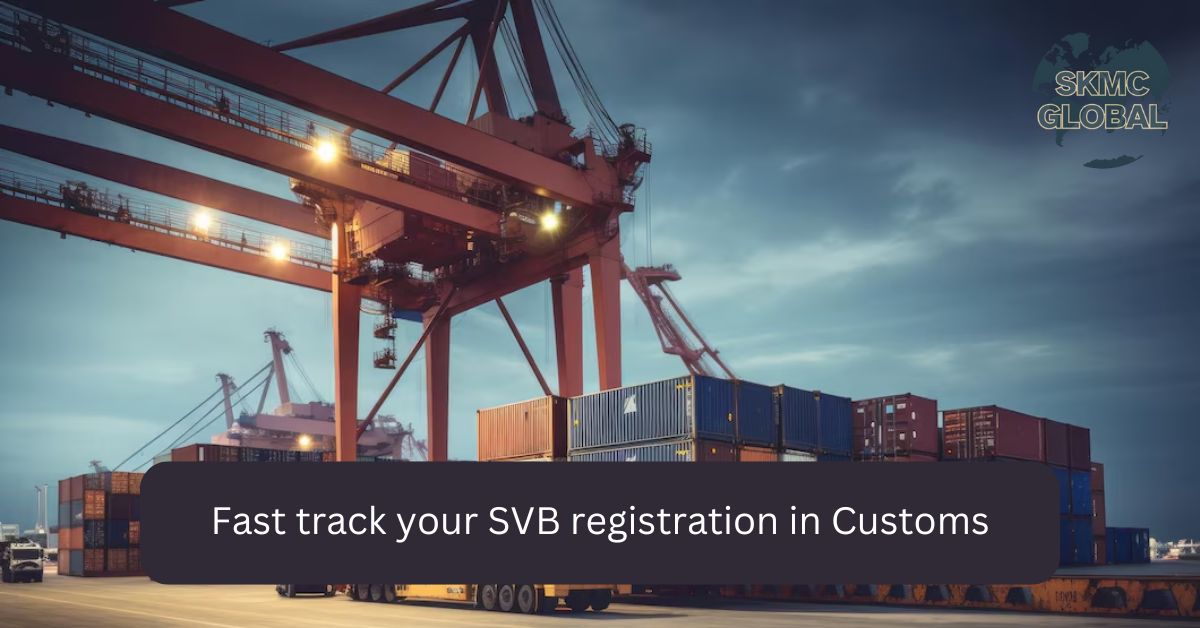 5 ways about how you can fast track your SVB regis...
Jul 21,2021
5 ways about how you can fast track your SVB regis...
Jul 21,2021
-
 AEO Registration in UAE...
Nov 16,2021
AEO Registration in UAE...
Nov 16,2021
